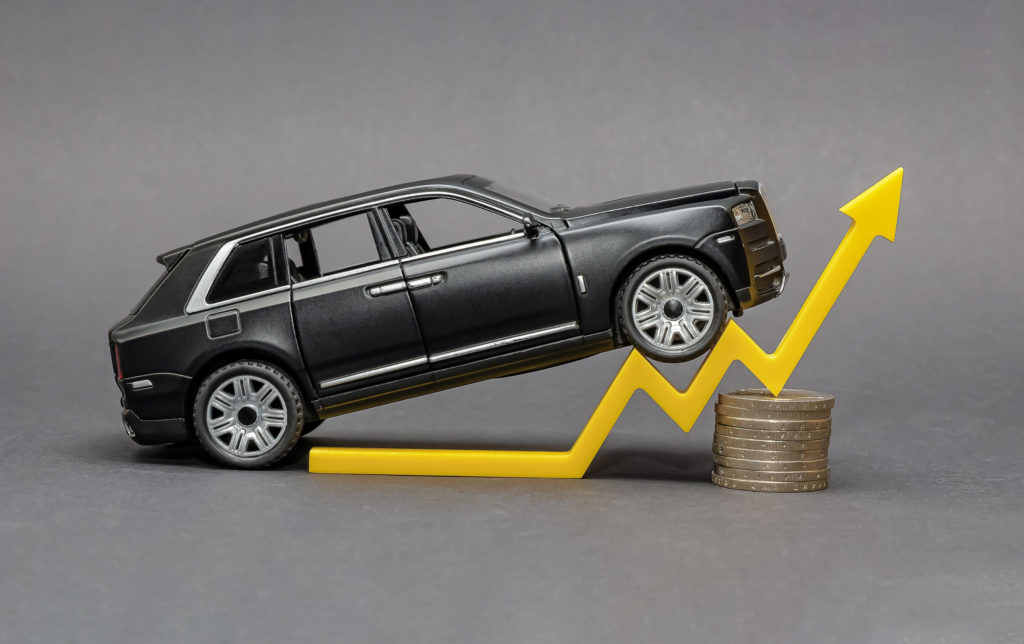The first lockdown brought the shutters down on car showrooms across the UK. Ever since something strange has been happening. Used cars are flying out of lots. Dealers that were used to selling two or three used cars for each new car are now selling seven or eight. People are going online to buy cars and are overwhelmingly choosing old over new.
Why are used car prices continuing to increase?
Many believe it is due to people wanting to avoid public transport, buying a cheaper used car when they usually take the bus or train. Another reason is that younger drivers, who would generally rely on Uber or other ride-sharing apps, are taking driving tests and buying their first car faster. In October, Driving school Red reported that lesson bookings are 40% higher than at the same time a year earlier.
People are also choosing to spend their holiday fund on a car instead of saving it for who-knows-when. There were reports of used car dealers fighting amongst themselves for the best sub-£10,000 cars, struggling to get enough to replenish dwindling stock.
Used car prices are surging
Car prices rose 7.6 per cent in September compared to the previous year, the highest monthly increase on record. This marked the fifth consecutive month of rising prices. According to AutoTrader, the average price of a used diesel car has increased to £14,155.
New electric vehicles sales have also seen a growth of 10%. Though this figure may be suppressed as people are less likely to invest in electric cars during the pandemic. After all, they are more expensive, and buyers are cautious about the practicalities of charging. Before COVID-19, demand for ‘alternatively-fuelled, i.e. electric cars outweighed supply. We are now seeing a rise in prices for second-hand ICE (internal combustion engine) cars and a decline in prices for second-hand electric cars.
Consumer demand for used vehicles remains strong, prices are holding. However, overall sales are still only 60% to 70% of what most car dealers expect in a typical January (including new and used cars). Though, dealers are optimistic about the industry’s quick return to health once restrictions lift.
The Pandemic Is Affecting Both The Production and The Demand Of New Cars
The Times reported that in 2020 carmakers had their worst year since the country was in recession under Thatcher’s government in 1984.
The decline equates to an incredible £10 billion of lost production. The industry was devastated by lockdowns and social distancing in factories. There was also a fall in global demand due to the pandemic, with investment pulled by foreign owners of British car factories.
The new car industry is forecasting a tentative 1 million cars to be produced in Britain this year. This coincides with a decline in car production ever since the Brexit referendum in 2016. Mike Hawes from the SMMT said that these figures are ‘the worst in a generation’ and reflect the ‘devastating impact of the pandemic on UK automotive production’.
However, things are looking up for 2021. The vaccine will be rolled out countrywide, and clarification on trading rules with Europe will hopefully ease the industry’s confusion and hardships.
Car manufacturers are now attempting to attract investment into battery production to create a new source of jobs and economic growth for the UK car manufacturing industry. In any case, overcoming the customs restrictions, global competitiveness and lowering emissions will still pose a challenge in the coming years.


